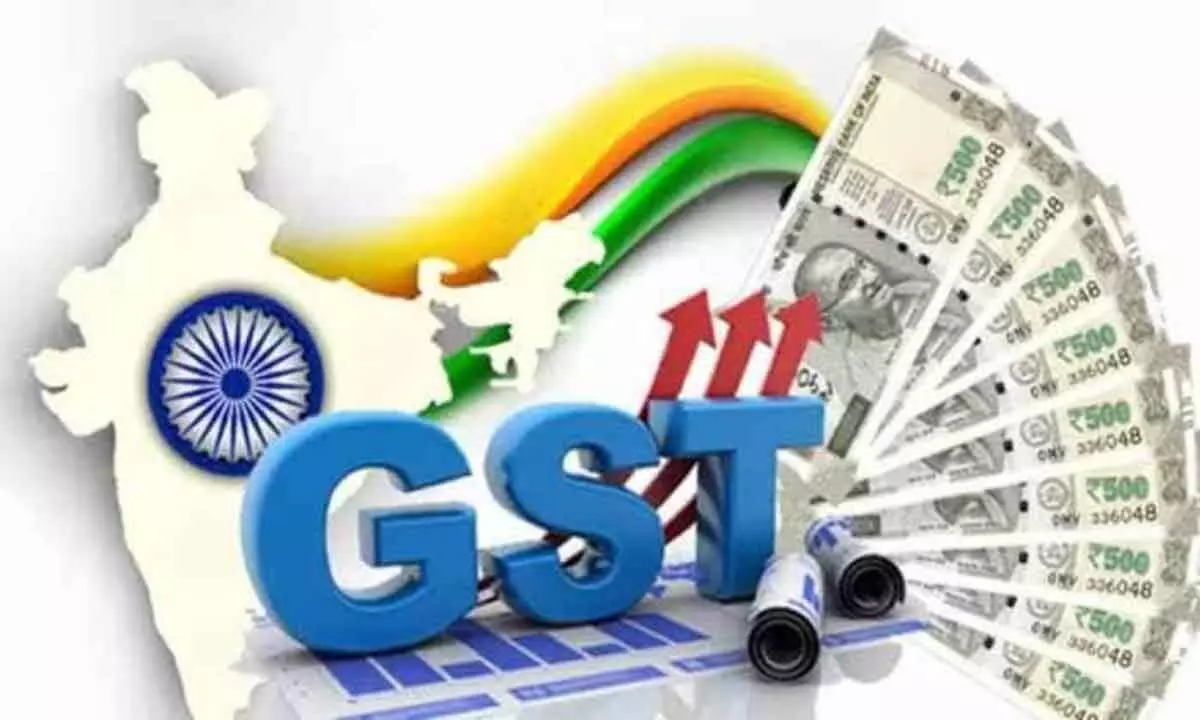India Inc seeks more reforms in GST 2.0
Industry urges Centre for rationalising tax rates, effective dispute resolution process, removing credit restrictions, liberalising export, etc
image for illustrative purpose

GST 2.0 should review the possibility of expanding the GST regime’s tax base, rationalising tax rates, removing ITC restrictions, further export liberalisation for services, unlocking working capital and addressing concerns related to operational areas of compliance - Mahesh Jaising, Partner and Leader, Deloitte India
New Delhi: An increasing number of C-suite executives have a positive perception of GST with many highlighting further reforms like rationalising tax rates and effective dispute resolution process as focus areas to usher in GST 2.0, a Deloitte survey said on Wednesday.
The Deloitte GST@7 survey, engaging C-suite and C-1 level executives across diverse industries through online platforms, highlights areas which have resulted in growing confidence in GST, specifically on the positive role of GST automation/ technology and consultative environment, in policy making.
Reflecting growing confidence in GST, the survey found that about 84 per cent of respondents reported a positive perception of GST in 2024, up from 72 per cent in 2023 and 59 per cent in 2022. Automation of tax compliance, including e-invoicing, continues to be voted as a top performance area. Also, enhanced and continued stakeholder consultation, leading to the issuance of clarificatory circulars/instructions was considered as a positive move in policy making. The survey highlights the areas where more reforms are required; these include rationalising tax rates, offering an effective dispute resolution process, removing credit restrictions, adopting faceless assessments, liberalising export rules and implementing a compliance rating system.
Goods and Services Tax (GST), which subsumed 17 local taxes and levies, was rolled out on July 1, 2017. Marking the seven-year journey of GST, Deloitte India conducted the survey to capture India Inc’s views on this transformational tax reform. According to the survey, 88 per cent of the top C-suite leaders indicated areas of challenge, including aspects around audits and assessments, underscoring the need for continued simplification, technology integration and capacity building. The survey respondents also suggested enabling effective dispute resolution mechanisms, with 91 per cent of leaders endorsing the extension of audit timelines to address issues and improve compliance.

